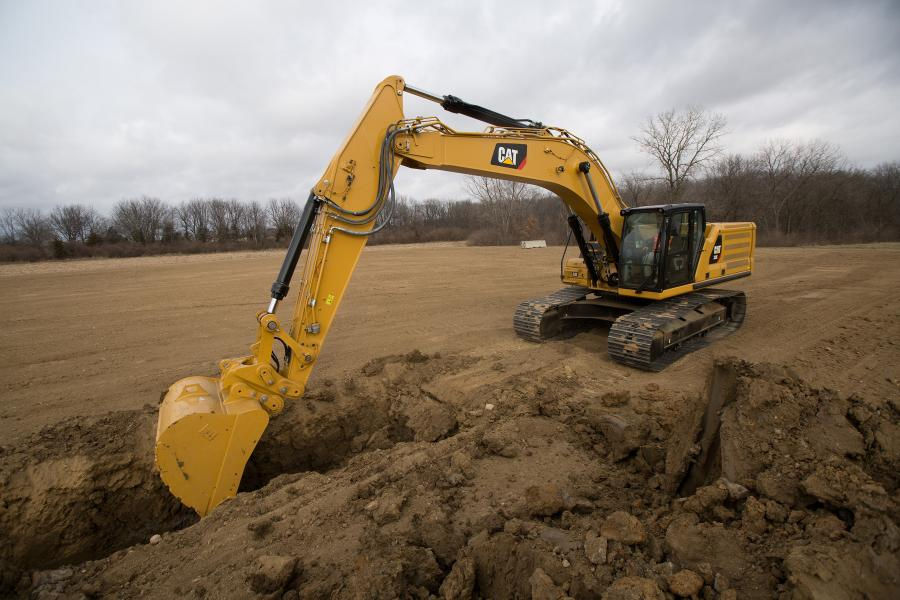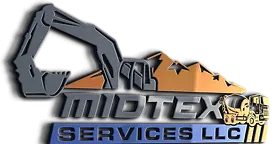"How Much Does It Cost to Replace a Driveway? Factors to Consider !
- Midtex Services
- Jan 8, 2024
- 2 min read
Updated: May 17, 2024

Understanding the Costs of Driveway Replacement
Replacing a driveway is a significant investment that can enhance your property's functionality, aesthetics, and value. However, it's essential to understand the factors that contribute to the overall cost of driveway replacement to make informed decisions. Let's delve into the various aspects that influence the cost of this home improvement project:
1. Driveway Material: The choice of material plays a crucial role in determining the cost of replacement. Common driveway materials include concrete, asphalt, gravel, and pavers. Concrete and asphalt driveways are popular options due to their durability and longevity, while gravel driveways are more budget-friendly but may require more frequent maintenance. Pavers offer versatility in design but are typically higher in cost.
2. Size and Complexity: The size of your driveway directly impacts the overall cost of replacement. Larger driveways require more materials and labor, leading to higher expenses. Additionally, the complexity of the project, such as the presence of curves, slopes, or landscaping obstacles, can add to the cost due to increased labor and preparation requirements.
3. Site Preparation: Proper site preparation is essential for a successful driveway replacement. This includes excavation, removal of the existing driveway, grading, and compacting the base materials. The condition of the site, accessibility, and any additional preparation work needed can influence the overall cost of the project.
4. Drainage and Slope: Factors like drainage solutions and slope adjustments can impact the cost of driveway replacement. Installing drainage systems, adding culverts, or addressing water runoff issues may require specialized equipment and expertise, contributing to the overall project cost.
5. Surface Finishes and Add-ons: The choice of surface finishes and add-ons can also affect the cost of replacement. For example, stamped concrete, exposed aggregate, or decorative borders can add aesthetic appeal but may come at a higher price. Other add-ons such as lighting, edging, or landscaping around the driveway can increase the project's total cost.
6. Contractor's Rates: The rates charged by contractors or paving companies vary based on factors such as experience, location, and project complexity. It's essential to obtain multiple quotes and compare services and pricing to ensure you're getting a fair and competitive estimate for your driveway replacement.
7. Permits and Regulations: Depending on your location, obtaining permits for driveway replacement may incur additional costs. It's important to check local regulations, zoning requirements, and permit fees to factor them into your budget.
8. Maintenance and Long-Term Costs: While the initial cost of driveway replacement is significant, considering long-term maintenance and durability is crucial. Quality materials and professional installation can minimize future repair and maintenance expenses, making it a cost-effective investment in the long run.
In conclusion, the cost of driveway replacement varies based on factors such as material choice, size, complexity, site preparation, drainage needs, surface finishes, contractor rates, permits, and long-term maintenance considerations. By understanding these factors and obtaining detailed quotes from reputable contractors, you can plan and budget effectively for a successful driveway replacement project that enhances your property's value and functionality.



Comments